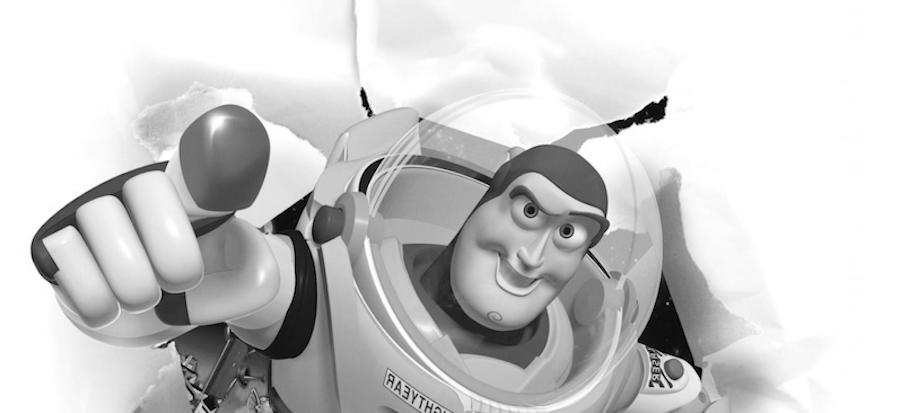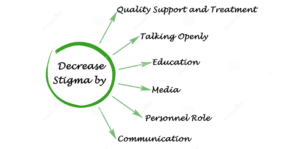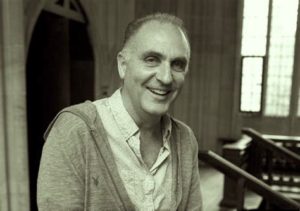As the (No)Buzz Lightyear”s that are the heroes of Dry January consider their missions into to sobriety and beyond (Parched March anyone?), we thought we would highlight some relatively new approaches in the recovery universe.
The 12 Step fellowships work for a lot of people. They will continue working for a lot more. There are, though, multiple paths in to recovery and each person needs to find their own way.
For an alcoholic of my type, the 12 Steps were a life saver, but what about some alternative paths?
The idea of moderation (drugs or alcohol) is anathema to many in the treatment world and the recovery community. But could attempted moderation convince a problem user how bad things are?
This seems to be the path common to three very different organisations. In the US, Allies In Recovery (AIR) and the Centre For Optimal Living (CFOL) and in the UK Club Soda.
Dominique Simon of AIR says “If your loved one believes they can moderate, there are two good reasons for you to go along with this. First of all, it may work. Second, if it doesn’t work, they will learn that they are unable to control their using – the problem is bigger than they initially thought.”
Founder of CFOL, Dr Andrew Tartarsky’s model, the Positive Change Pathway, help’s to create the individuals optimal relationship to substances—whether that means reduced, safer, more controlled use, or abstinence.
It would be fair to say that not everyone with a drinking or drug problem is an alcoholic or addict, they may still need to recover their lives!
Laura Willoughby of Club Soda in the UK wants “to help you make the change to your drinking that you want. They are continually developing tools and techniques, and support a growing social network.
To paraphrase Shakespeare “Be not afraid of sobriety. Some are born sober, some achieve sobriety, and others have sobriety thrust upon them.”





